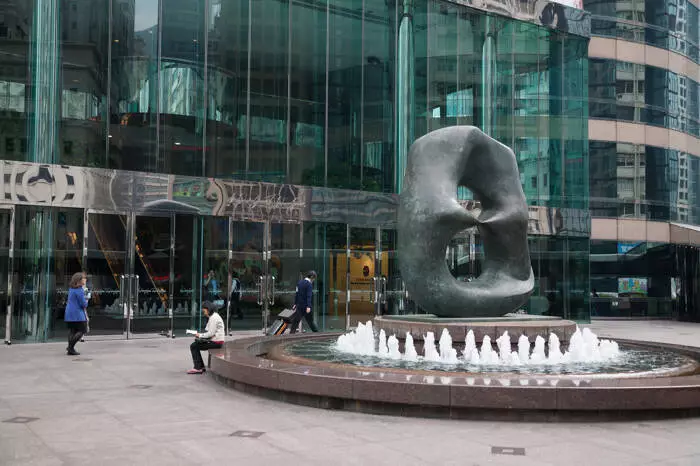In the latest trading week, the Hang Seng Index faced notable challenges, continuing the downward trend that emerged in recent weeks. The Index saw a decline of 1.01% in the week concluding on November 22, exacerbated by growing concerns surrounding U.S. tariffs on Chinese goods. This geopolitical tension has had a palpable impact on investor sentiment, particularly affecting holdings within Hong Kong’s stock market.
Corporate Results under Scrutiny
Corporate earnings reports contributed to the gloomy outlook, with mega-corporations such as Baidu and Alibaba posting disheartening figures. Baidu, the dominant player in China’s internet sector, experienced its steepest sales drop in two years, signaling trouble in its operational model and market demand. Similarly, Alibaba found itself grappling with significant losses, worsened by recent statements from PDD Holdings about increased competition in the e-commerce sector. Investors were left questioning long-term growth prospects for these key players as they navigated turbulent waters.
The tech sector, which has been pivotal for the Hang Seng Index, suffered significantly, with the Hang Seng Tech Index (HSTECH) declining by 1.89% after a staggering drop of 7.29% the prior week. Baidu’s shares plummeted by 6.81%, while Alibaba’s value slid by 7.45%. Such declines reflect a broader concern about the sustainability of tech valuations in light of economic pressures and competitive threats.
As if the tech sector’s woes weren’t enough, real estate stocks also fell prey to investor anxiety. The Hang Seng Mainland Properties Index dipped by 4.34%, driven by uncertainty surrounding policy measures aimed at stabilizing the housing market. Prospective homeowners and investors are skittish, and the market struggles to regain footing amidst fears regarding property valuations and the efficacy of government interventions.
On the mainland, similar sentiments plagued investors. The CSI 300 index saw a significant drop of 2.60%, while the Shanghai Composite Index fell by 1.91%. The overarching fears related to U.S. tariffs and the deteriorating economic outlook for China have culminated in a pervasive sense of caution among investors, leading to increased volatility in equities.
Commodity Markets Show Resilience
In contrast, commodity markets displayed more optimistic trends despite external pressures. For instance, iron ore spot prices edged up by 0.34% even as global tensions persist. Moreover, the relentless conflict in Ukraine has bolstered demand for gold, with prices surging by 5.97% to reach 2,716. Investors increasingly view gold as a safe haven in times of uncertainty, especially following Russia’s threats of nuclear responses to military provocations.
As the Hang Seng Index grapples with multiple challenges—ranging from adverse corporate earnings to geopolitical tensions—the outlook remains uncertain. Investors are left navigating a tumultuous landscape marked by complexity and volatility. The intertwining factors of economic policy, corporate performance, and international affairs are shaping the future of stock performance in Hong Kong and beyond, underscoring the need for prudence in investment decisions.


Leave a Reply